The beauty supply stores in Central Harlem, a predominantly black neighborhood in northern Manhattan, can seem like carbon copies of each other. These stores cater almost entirely to black women. Rows of hair extensions for weaves and braids line the walls while shampoos, conditioners, creams, gels, mousses and foams for slicking, straightening or curling are packed tightly onto shelves.
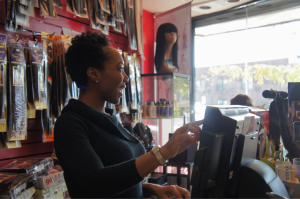
Janice Fredericks in her store in Queens, Fabulous Freddy’s
Wigs sit atop mannequin heads and packages of barrettes and tiny rubber bands hang from hooks. At least this describes four beauty supply stores along Harlem’s busy 125th street between Lexington and St. Nicholas Avenues. These stores had one other thing in common. They were each owned and managed by Korean-Americans. Several Korean-Americans have staked a claim in the black beauty industry. Some African-Americans are trying to do the same.
Sam Ennon, founder of the Black Owned Beauty Supply Association (BOBSA), said that there are around 8,000 Korean-American owned beauty supply stores and 2,000 owned by African-Americans across the United States. Ennon revealed that he gets these numbers from a Korean-American man living in Chicago, Illinois who has requested to be referred to by the pseudonym TK.
TK works with both Korean-Americans and African-Americans in the beauty supply industry. TK said that “There’s no actual numbers… it’s very difficult to figure.” TK develops these estimates by looking at how many members organizations like the National Beauty Supply Dealer Association, a Korean-American organization of beauty supply retailers, have. He then approximates what percentage of the total industry these members might makeup. Data on beauty supply stores is not readily available, even for those working in the industry.
According to the 2015 Multicultural Economy Report by the Selig Center, black buying power will reach $1.4 trillion by 2020.
According to the 2015 Multicultural Economy Report by the Selig Center, black buying power will reach $1.4 trillion by 2020. According to Nielsen, a performance management company that provides consumer behavior information, African-Americans purchase nine times more ethnic beauty and grooming products than any other group.
According to market research firm Mintel’s 2016 report on black hair care in the United States, though “Black consumers have lower median household incomes than their White counterparts, Black consumers are willing to spend more to ensure that their hair looks like they want and expect it to.”
Ennon founded the nonprofit BOBSA in 2004 after witnessing exclusion of African-American store owners from access to products. Ennon said that “Korean distributors that get the hair from Chinese manufacturers… handle all the hair that goes into the United States.” He added that these distributors “that brought the hair in from China would not sell it to black owned beauty supply stores, so that’s how we got into all of this.”
In response to this problem Ennon designed BOBSA primarily to connect its member companies to business tools that they need in order to be successful. BOBSA plans to launch an initiative in 2017 called the Enterprise of Black Hair Alliance (EBHA). Through the EBHA, BOBSA will be replicating the Korean model of working directly with Chinese manufacturers to obtain hair, create their own brands of hair and then distribute that hair within the United States.
…the guy grabbed a golf club and followed me around the store and pretty much threatened me that if I was shoplifting, there would be a problem.
A for-profit company based in Atlanta, Georgia, has a similar goal of putting beauty supply stores into the hands of black entrepreneurs, but it takes a different approach. The Beauty Supply Institute, created by Devin Robinson, provides training to current and aspiring African-American beauty supply store owners, managers and employees.
Robinson decided to start the Beauty Supply Institute after an incident while shopping for his barbershop and salon in an Asian owned beauty supply store. Robinson said that on this occasion “the guy grabbed a golf club and followed me around the store and pretty much threatened me that if I was shoplifting, there would be a problem.” He added that “up until that point, I didn’t know that this was a thing in our community, because you know, I didn’t frequent beauty supply stores.”
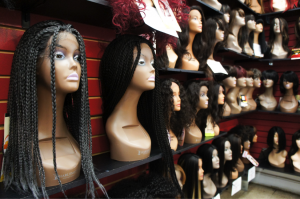
Wigs on display at Fabulous Freddy’s
Robinson opened three of his own beauty supply stores following this incident, but shortly after he started, he began facing challenges. He said that “it’s hard to get products, hard to just get through the process.” Eventually, other black entrepreneurs began to see his success and go to him for help with their beauty supply stores. Their questions led him to start the Beauty Supply Institute.
Tarin Boone, a staff member at the Beauty Supply Institute, said that the company has helped open more than 80 stores. Janice Fredericks enrolled in training at the Beauty Supply Institute a couple of years after opening her beauty supply boutique, Fabulous Freddy’s.
Fabulous Freddy’s is a hair-focused beauty supply store located in East Elmhurst, Queens, a neighborhood with a large black community. Fredericks opened Fabulous Freddy’s six years ago as a 24-year-old. She said her goal was to “create a store where women of color could come in and have conversations about their hair and feel comfortable… a place where women can regain confidence in their hair.” She felt that this aspect was missing from the stores that she had patronized.
Though Fredericks did face logistical challenges when opening Fabulous Freddy’s, she had an advantage that other stores did not. Entrepreneurs have responded to the natural hair movement by starting independent brands with products designed for women with waves, curls and kinks. These companies were “very eager to put their products on our shelves,” said Fredericks. She added that larger retailers had not begun carrying products for natural hair at the time that she started Fabulous Freddy’s.
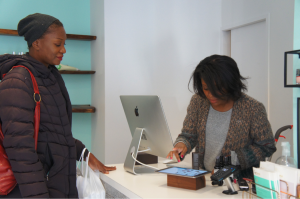
Desiree Verdejo helps a customer in her Harlem store, Vivrant Beauty
But larger retailers are beginning to carry more products for natural hair. This is forcing Fredericks to consider innovative ways to improve the longevity of her business. Fabulous Freddy’s plans to open a second store in Brooklyn in which “we plan to feature a hair bar where you can actually sit down and test different products in a mirror just to see how it works on your hair” said Fredericks.
Back in Harlem, Desiree Verdejo recently opened Vivrant Beauty, a store with both a brick-and-mortar and an online presence. It carries not only hair care, but skin care and cosmetic products as well. Verdejo found herself wanting to shop at stores that carried beauty products that were more customized to her skin tone and hair type. This led her to open Vivrant Beauty, which caters to women of color and carries several brands owned by women of color. “I know my customer. I am my customer,” said Verdejo. She added that “the consultations and the questions we are able to answer” help create a unique experience.
Whether responding to exclusion or negative personal experiences or simply personal interests, these entrepreneurs are growing the black presence in the beauty industry.
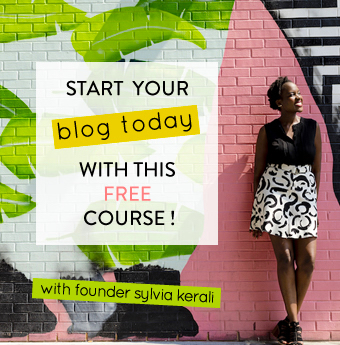
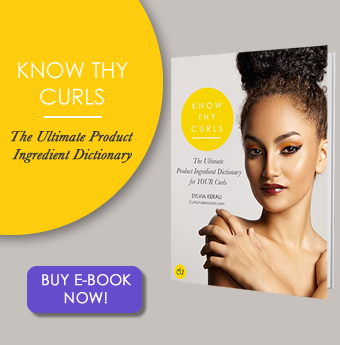

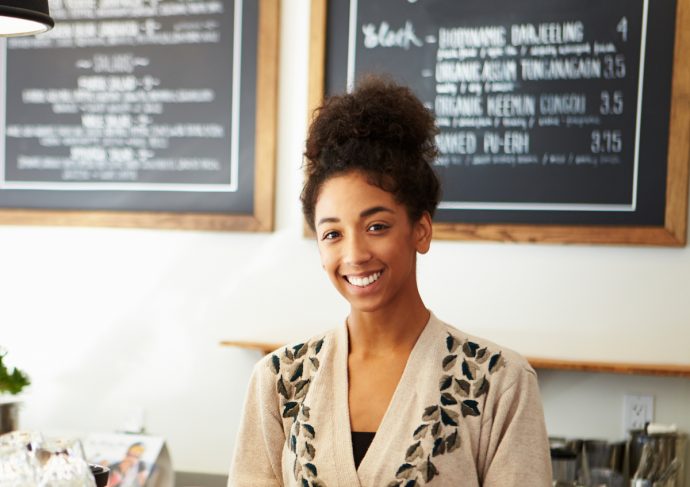
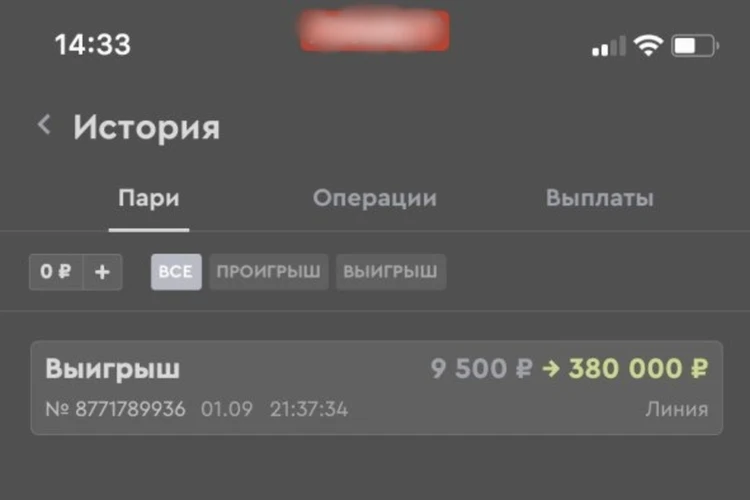
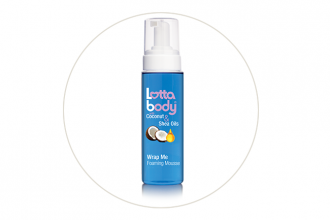

I try by best to seek and find black hair salons, Black own resturants, and more
Besides supremacy issues blk ppl still have to fight against today…the Korea stores seem to have a bigger variety, I would have to drive at least 1hr away to get to a blk owned beauty supply store that would have everything I needed and a good selection of options too! It’s sad…